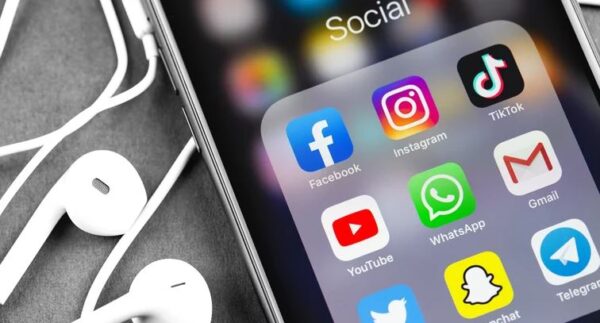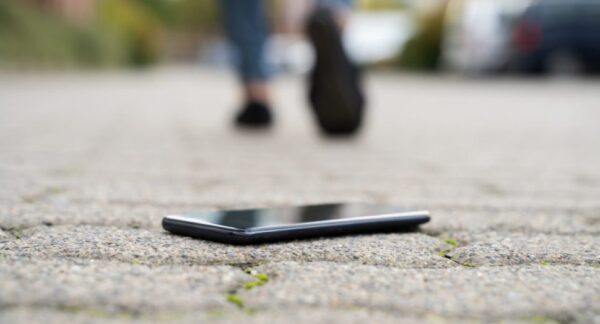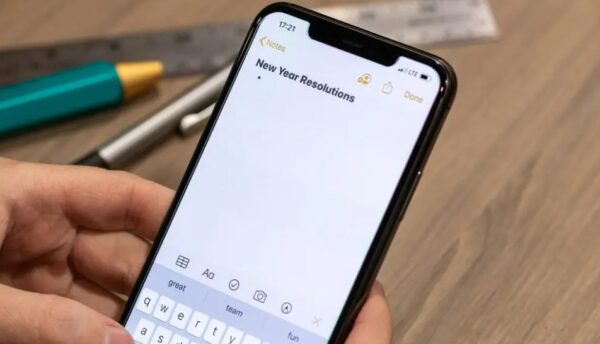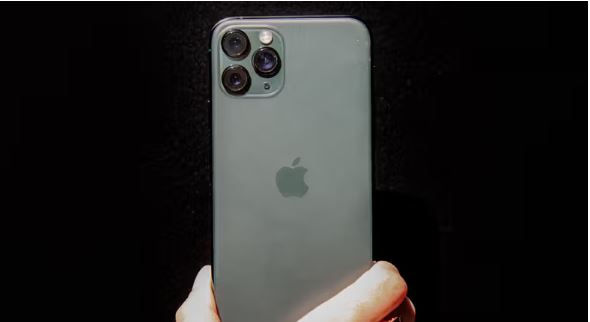Lifestyle
Why you need to stop closing apps on your iPhone

Apple makes refinements to iOS every year and ensures that the experience is smooth and fast. iOS ensures that modern iPhones manage memory efficiently, automatically suspending inactive apps in the background to prevent them from consuming resources. This “frozen” state allows the app to resume quickly when relaunched, without impacting performance or battery life.
1. No, it doesn’t save your battery life
Contrary to public perception, closing and re-opening apps frequently can actually consume more battery than leaving them open in the background. This is because launching an app requires a burst of energy to load its resources and data, whereas a suspended app consumes minimal power. So, the next time you want to save battery and think that closing apps in the background will help, think again as it might just end up draining battery.
2. App content remains up-to-date
Many apps like email, news, and social media rely on background app refresh to deliver timely updates and notifications. Closing these apps may prevent them from fetching new content, requiring you to manually refresh them later, which can be even more draining.
3. Multitasking is better
If you frequently switch between multiple apps, closing them will only slow down your workflow. Having them readily available in the background allows for faster switching and a smoother user experience.
So, when should you close apps? While closing apps isn’t always necessary, there are a few situations where it might be beneficial:
4. If an app is giving you ‘trouble’
There might be cases when an app is giving you some trouble. For instance, if an app is lagging, freezing, or behaving erratically, closing and restarting it can sometimes resolve the issue.
5. If you want to temporarily free up space
In case your iPhone storage is nearing capacity, closing unused apps can temporarily free up some space. But this is a temporary fix.
This is for those — and most people should be — who are paranoid about their privacy. If you’re concerned about an app accessing your data in the background, closing it will terminate its access.










